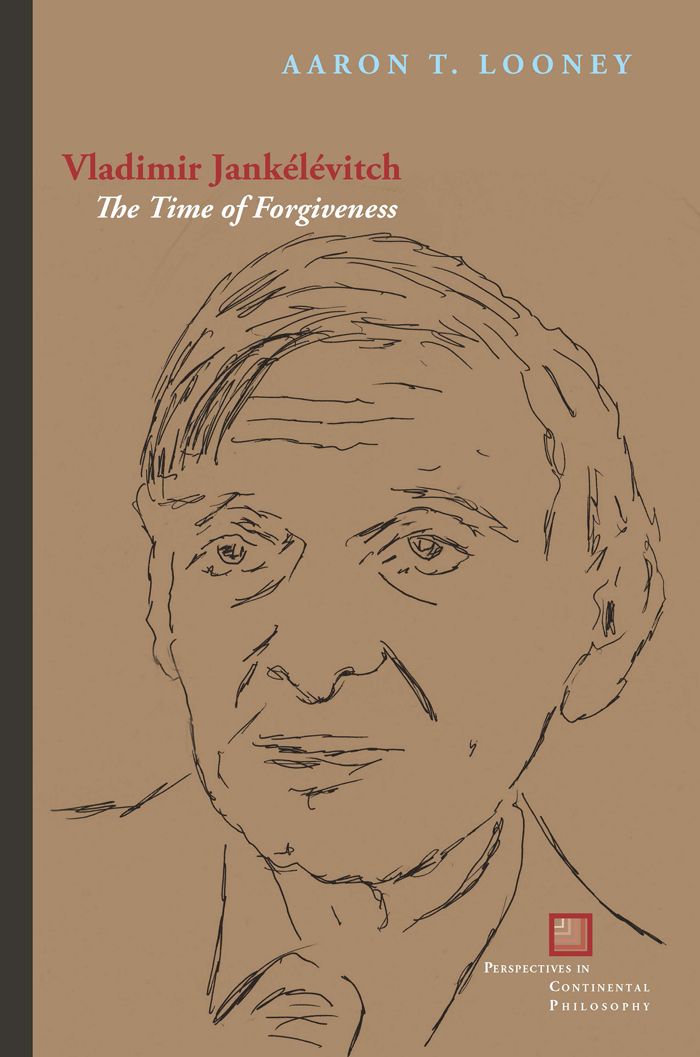Vladimir Jankélévitch
The Time of Forgiveness

This book can be opened with

Vladimir Jankélévitch: The Time of Forgiveness traces the reflections of the French philosopher and musicologist Vladimir Jankelevitch on the conditions and temporality of forgiveness in relation to creation, history, and memory. The author demonstrates the influence of Jewish and Christian thought on Jankelevitch’s philosophy and compares his ideas about the gift character of forgiveness, the role of retributive emotions in conceptions of justice, and the limits of reason with those of Aristotle, Butler, Kant, Kierkegaard, Nietzsche, Scheler, Arendt, Derrida, Levinas, and Ricoeur.
The Shoah was the pivotal historical event in Jankelevitch’s life. As this book shows, Jankelevitch’s question “Is forgiveness possible as a response to evil?” remains a potent philosophical conundrum today. Paradoxically, for Jankelevitch, evil is both the impetus and the obstacle to forgiveness.
It is a scandal that we have had to wait so long for the first monograph in English on Jankekevitch, but this book is more than a fitting tribute to a major thinker. By focusing on Jankelevitch's controversial but difficult theory of forgiveness Aaron T. Looney had made a genuine philosophical contribution in his own right.
“Looney gives a general introduction to Jankélévitch’s thought, then goes on to provide an in-depth study of Jankélévitch’s book Forgiveness by comparing and contrasting it with thinkers such as Max Scheler, Nietzsche, Levinas, Derrida, Aristotle, and other prominent writers in moral thought.”
Aaron Looney carefully lays out the hyperbolic logic of pure forgiveness demanded by Jankélévitch. He shows us that the two most important books by Jankélévitch both differ dramatically from each other and yet can be read as being in continuity. Looney presents a rich tapestry in which he considers such influences on Jankélévitch as Bergson, Nietzsche, and Scheler. He also examines the relationship between Jankélévitch and such thinkers as Arendt and Derrida (showing Derrida to be much closer to Jankélévitch than one might think). The result is a moving work in which we are reminded just how central forgiveness is to human existence.

